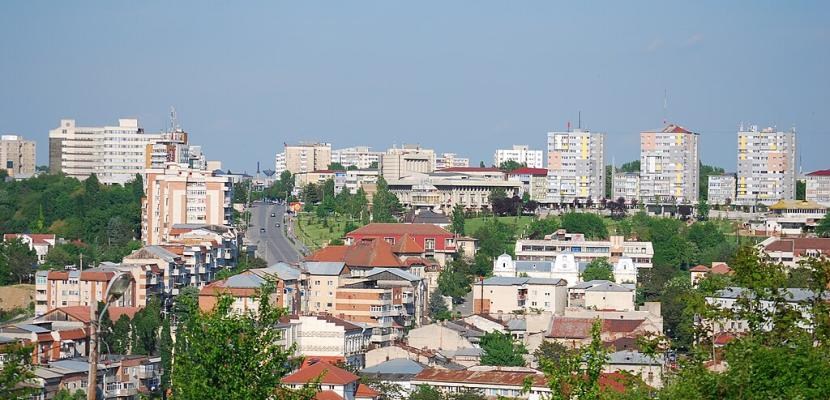
Procedural requirements for establishing temporary use contracts of public spaces

About this good practice
In 2015, the Municipality of Slatina recognized the lack of a clear framework for the temporary use of public spaces. This absence hindered activities such as street fairs, cultural events, and seasonal markets. To address this gap, a Local Council Decision introduced regulations defining temporary uses, contracts, associated taxes, and responsibilities.
The regulation allows for the temporary use of public spaces through a standardized contract. This contract specifies costs and obligations, streamlining the process for applicants. The municipality provides guidance and ensures compliance, enhancing access for various stakeholders. This initiative has reactivated underutilized spaces, integrating them into the cultural and economic fabric of the city.
Key stakeholders include Slatina Municipality, private entities, and NGOs. Beneficiaries range from local artisans and event organizers to the broader community, which gains access to vibrant public spaces for cultural and commercial events.
Resources needed
The practice requires human resources to oversee the contract process, including application review, guidance to stakeholders, and payment management. Financial resources cover administrative costs associated with processing applications and maintaining public spaces for temporary use activities.
Evidence of success
The procedure simplifies the process for temporary use of public spaces, providing clarity on requirements and obligations. It has reactivated underutilized spaces, improving their maintenance and enhancing participants' experience. Additionally, it generates revenue for urban regeneration and equips the municipality with a systematic approach to identify and address unused areas. Specialized staff ensure efficient implementation and support for stakeholders.
Potential for learning or transfer
This practice demonstrates how a clear regulatory framework can facilitate temporary use of public spaces, making it adaptable to various contexts. The standardized contracts ensure transparency and accountability, while the involvement of specialized municipal staff provides necessary guidance for stakeholders. Other regions can learn from the focus on reactivating underused spaces and generating revenue for urban regeneration. Key success factors include the detailed definition of requirements, costs, and obligations, as well as the municipality’s proactive role in overseeing implementation.
Good practice owner
You can contact the good practice owner below for more detailed information.

Bucharest – Ilfov Regional Development Agency (BI-RDA)
